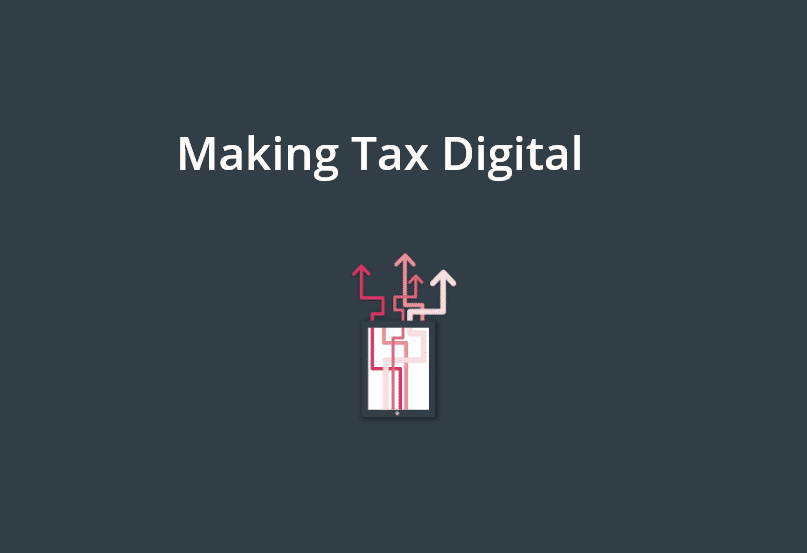Making Tax Digital: What the Delays Mean For Small Businesses
Originally scheduled to start coming into force by April 2018, rollout of the UK government’s Making Tax Digital initiative has been delayed by “at least” two years. It is now projected for a 2020 start date.
Making Tax Digital: what’s changed?
As announced by the Treasury, there are two key features to the announced delay:
- From April 2019, businesses with a turnover above the VAT threshold of £85,000 will have to keep digital records for VAT purposes.
- Small businesses will not be asked to keep digital records or give quarterly tax updates until at least April 2020.
What does this mean for small businesses?
Quarterly VAT reporting using the system will still be mandatory from 2019. As VAT already requires quarterly updates, businesses will not need to provide HMRC with information any more regularly than usual.
If you’re not entirely confident with the quarterly tax updates, then you should look at ways to take control of your VAT returns.
HMRC have said they want to support businesses in the transition to Making Tax Digital. Their goal is to pilot services with the aim of testing the system for a good year before its mandatory use comes into effect.
One of these tests, Making Tax Digital for Business for VAT, will start small-scale private testing before a live pilot launches in Spring 2018.
Overall, the message is that delaying the Making Tax Digital initiative’s launch will give small businesses more time to prepare.
(Related: get your free guide to VAT reporting)
How do I start preparing for Making Tax Digital?
Though this delay has led some to question whether Making Tax Digital will become mandatory at all. The Treasury have said they intend to review the situation before potentially bringing Making Tax Digital into full effect.
As such, they have announced that the smallest businesses will be able to volunteer for Making Tax Digital.
One of the key preparations for small businesses need to make will be keeping their books properly updated. The shorter timescale offered by quarterly updates means businesses may spend more time keeping their books, unless they have a well organised system.
Another key aspect is the timely and orderly filing of tax returns on a regular basis. Again, this will require businesses to ensure they have a good understanding of the system, as they will be interacting with it on a more regular basis.
Learn more about the preparations needed for Making Tax Digital.
How can KashFlow help?
Whether you’re an existing customer or not, KashFlow’s software allows you to:
- Make adjustments to mid-year and end-of-year accounts and stay up to date
- Keep your books structured, simple and in one place
- Link directly to HMRC, meaning your data goes straight to right place every time
- Stay compliant. As we’re UK-based, we work with HMRC and know of changes to system before many others. With us, you’ll always be compliant.
To see how KashFlow makes managing your real-life books and accounts easier, you can start a free trial today. You can import all your existing files into KashFlow via CSV. Alternatively, you can just enter your information and get going to see how it works for you.
Alternatively, you can request a free, no-obligations demo on 0344 815 5779.
Free eBook: How To Keep HMRC Happy
Dealing with HMRC can be a headache at times. But when it comes to VAT, we’ve got you covered. From registering for VAT to calculating how much you owe, we’ve included it all in our free guide. Download your free eBook


